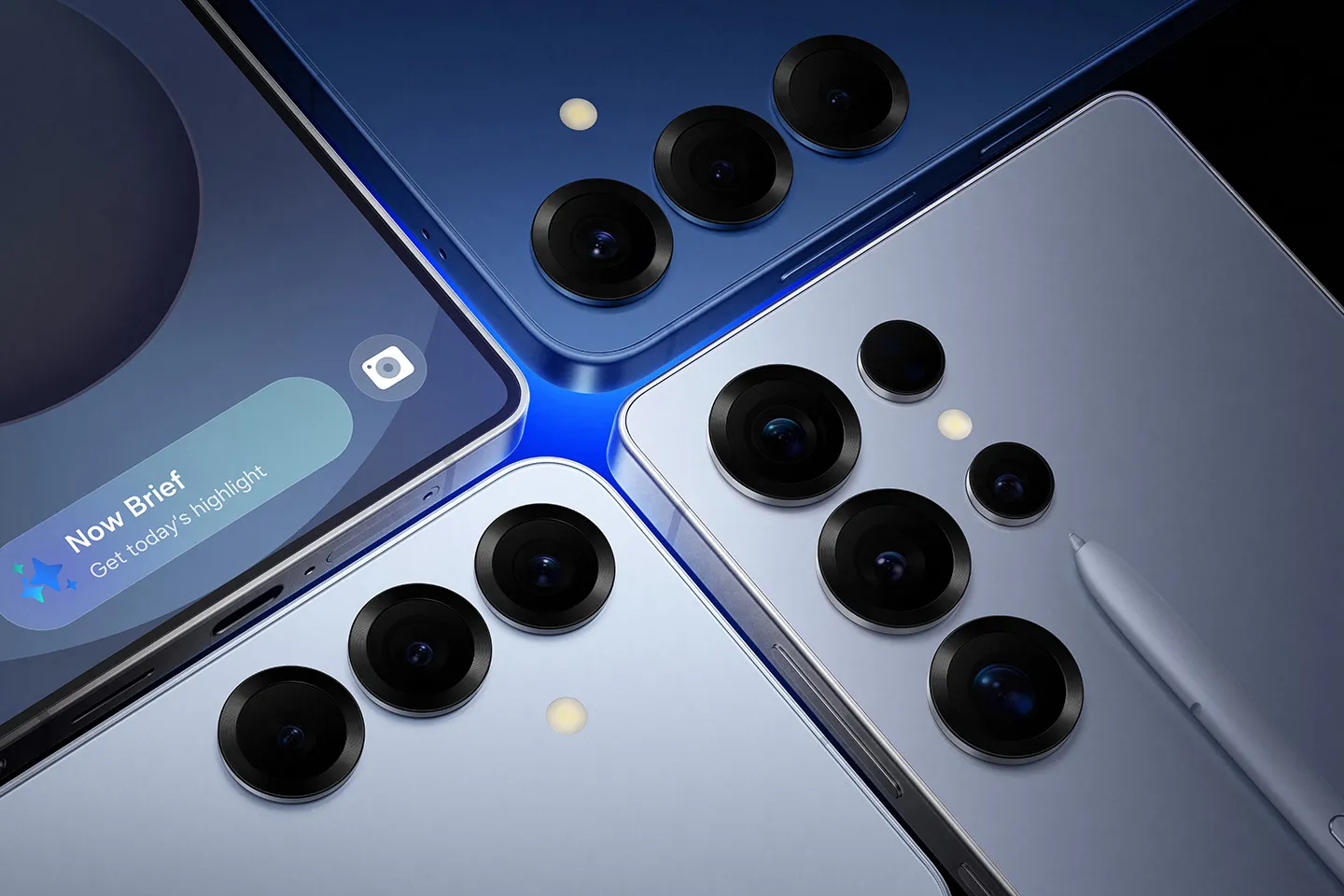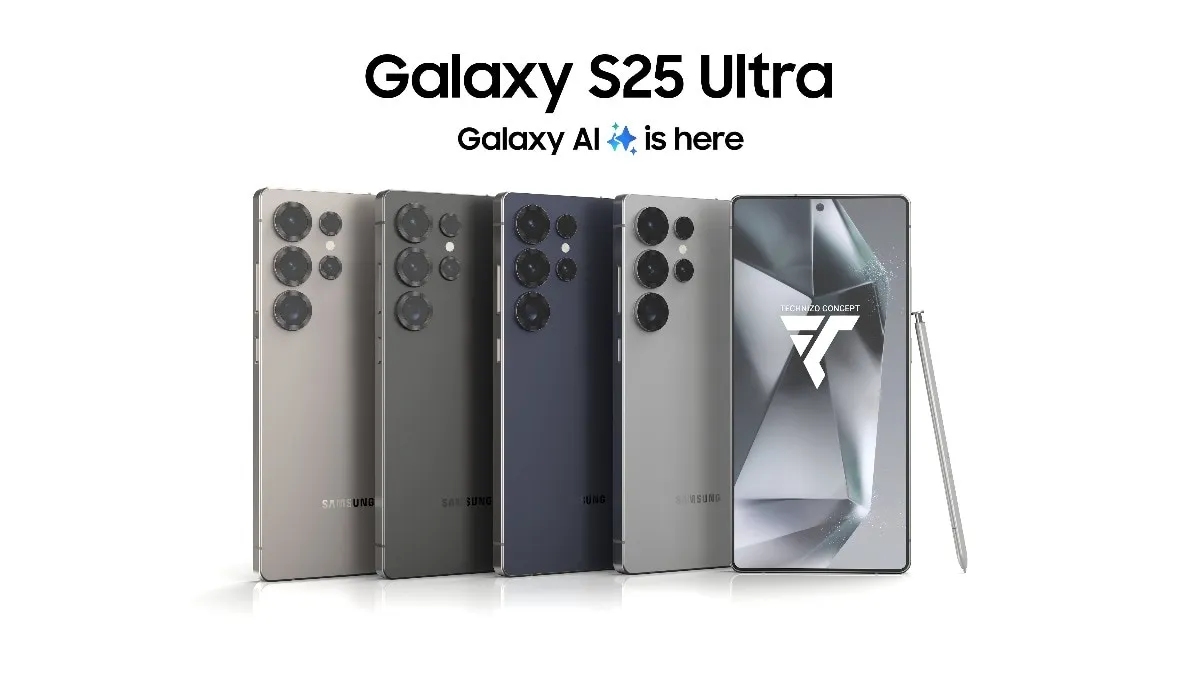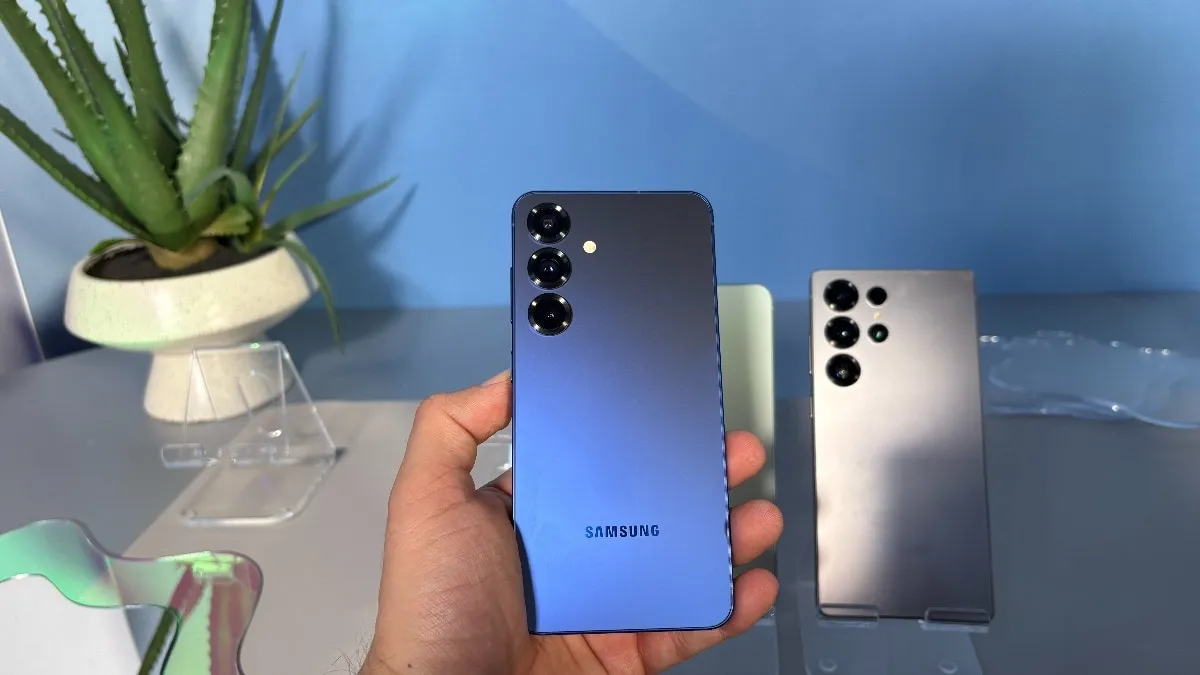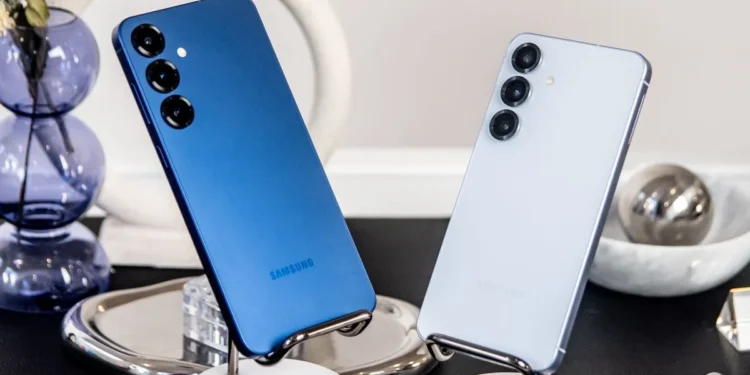Samsung’s recent unveiling of the Galaxy S25 series has brought with it a significant shift in the company’s approach to mobile messaging. In a move that underscores the tech giant’s growing reliance on Google’s ecosystem, the Galaxy S25 will exclusively feature Google Messages, sidelining the long-standing Samsung Messages app. This development is not just about a change in default apps; it represents a broader strategy that may redefine user experience and app dynamics in Samsung smartphones.

The End of an Era for Samsung Messages
For years, Samsung Messages stood as a pre-installed cornerstone on Galaxy devices, tailored to leverage Samsung’s hardware and software innovations. However, the inclusion of Google Messages as the sole messaging app on the new Galaxy S25 marks a clear transition. The tech giant has officially discontinued the practice of pre-installing its messaging app, a decision that reflects both the competitive pressures within the Android ecosystem and the changing preferences of consumers.
Samsung’s partnership with Google has been tightening, with collaborations that have increasingly favored Google’s applications over Samsung’s in-house solutions. “With the close collaboration between Google and Samsung, we have opted to migrate all services to Google Messages and are sunsetting Samsung Messages,” a Samsung spokesperson stated to Android Authority. The company emphasized the broader adoption of Rich Communication Services (RCS) supported by Google Messages, which offers enhanced functionalities like read receipts, typing indicators, and better media sharing, significantly improving Android-to-Android communications and interoperability with other platforms.
What This Means for Samsung Users
Samsung assures that existing users of Samsung Messages will not be left in the lurch. The app, while removed from the Google Play Store, remains available for download from the Galaxy Store. Users who prefer Samsung’s native messaging solution can continue to use it without disruption. This gesture acknowledges the loyalty of long-time users even as the company pivots towards a more Google-centric strategy.

The question of updates and support for Samsung Messages, however, remains a concern. The company has been vague about its plans to continue developing new features for the app, which might suggest a gradual phasing out in favor of a more integrated Google ecosystem.
The Bigger Picture: Samsung’s Software Strategy
The shift to Google Messages is part of a larger narrative of Samsung’s annual software updates and the evolution of its One UI interface. One UI, known for its customization options and user-friendly design, continues to set Samsung devices apart from other Android offerings. The interface is built to enhance multitasking and integrates seamlessly with Samsung’s ecosystem, including Bixby, Samsung Health, and Samsung Wallet.
With the latest updates, Samsung has shown a selective approach to enhancing its own apps with Gemini integrations in the Reminder, Calendar, Notes, and Clock applications. Yet, the conspicuous absence of new developments for Bixby and now the sidelining of Samsung Messages hints at a selective pruning of apps where Google offers a superior alternative.

The introduction of the Galaxy S25 with Google Messages as the default messaging app is more than a mere shift in software offerings; it is a strategic realignment of Samsung’s approach to its software ecosystem. As Samsung continues to navigate its partnership with Google, users can likely expect further integration of Google services in future devices. This transition, while significant, promises to enhance user experience by embracing universally accepted standards and fostering greater interoperability across devices and platforms.










